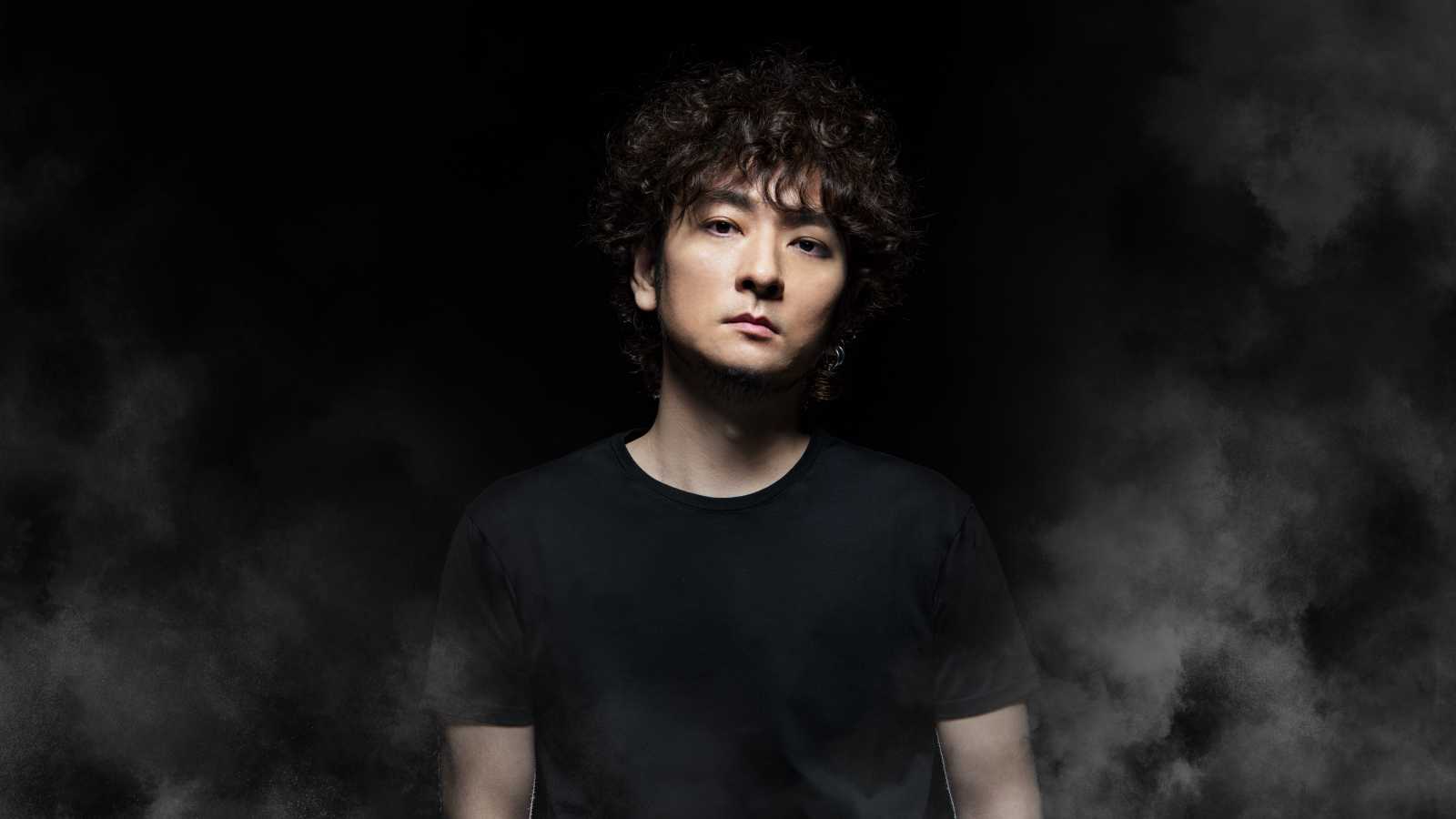The first album of top-Japanese DJ Shinichi Osawa shows different sides of electro-music.
Shinichi Osawa, also known as Mondo Grosso, is a Japanese musician, DJ, producer and composer. His music can be described as melodious, nearly acoustic sounding electronic, but he also knows how to make crazy club songs. Some people might know Shinichi Osawa for his remixes of songs by Ayumi Hamasaki, Anna Tsuchiya or Namie Amuro, but he's also done much more for other artists.
People often say that electronic music isn't real music, just noise without structure. But Shinichi Osawa is a good example to show that it's the exact opposite. The One, released under his real name, is his first release with AVEX. It came out in September 2007. Different artists from the electro scene all over the world collaborated on the album, giving the vocals to some of the songs.
The One begins with a dreamy song that feels like a flight in the outer space. Appropriately named Star Guitar, the track may be familiar to some as it is a remix of the Chemical Brother's Star Guitar. Starting off slow and calm, it turns into a fast track with guitars and drums. The synthetic melody doesn't need lyrics to get you in the mood for the song, though after the first half the song calms down for a few seconds and female vocals can be heard.
Detonator is the next track, and it is completely different from its predecessor. It starts with a quick beat, and the female vocals last the entire track. The singing is aggressive at the beginning, but reaches a point where the voice can be described as sharp and shrill. With the same beat and without vocals the sound fades away, still leaving you with the desire to dance. It's a perfect setup for Electro 411, another upbeat song. The song is consistent for the most part, until near the end an Arabian flute floats in and calms everything down, only to break after that and end with a climax.
Our Song is a song that a majority of pop listeners could like. It opens with a soft, dropping beat and light acoustic guitar and builds up slowly, adding more sound until the male vocal starts. The lyrics are in Japanese. All in all the song is calm and melodious compared to the ones before - no heavy beats, no shrill synthesizers. The chorus is more upbeat and faster and takes away some of the melancholy of the song. Our Song feels like an encouragement on a sad, rainy day, and while the verses are a bit dull, the chorus is like a good friend who lights up the mood with its "let me shine for you."
The next song keeps the composure, though this time without acoustic guitar. Dreamhunt tells a story about searching for a dream and the mood is placid; it's a pleasant song to listen to. The following song, Push, doesn't break the tranquility, even though it's definitely more synthetic. With Rendezvou, we have another upbeat dance track. It starts off pretty crazily mixed, but the disorder dissolves, creating a good dance beat. After the song really takes off, a small acoustic part is inserted and then it's back to synths again until the end.
The next song, The Patch, reminds of Teardrop by Massive Attack. Only a bit longer than two minutes, the track is easy to listen to with its acoustic guitar and soft beat. It's a moment to relax and let any problems that exist fade away. Last Days also starts off in a relaxed manner with a nice guitar riff. Drums are added slowly, then a memorable beat joins in. As the second electric guitar meets with the present melody, everything gets mixed up, but a certain structure remains. A song alternating between slow and fast, it resembles tracks by Daft Punk, but it still retains the trademark Shinichi Osawa sound.
Another calm song that could appeal to more than just fans of the electro scene is State of Permission. It's continuously solid; the female vocals are accompanied by constant guitar riffs, and the dull beat is pleasant to listen to. In contrast, Foals is a balance act between indie-rock and electronic music, combining the best of both genres and being one of the stronger tracks of the album. The Golden is an instrumental, and maybe exactly what people have in mind when they think of electronic tracks: a mess of beats and no real structure. It won't be one of the tracks found on repeat, that's for sure.
Maximum Joy is also an instrumental track, but this time everything is more muted and an actual melody is built up. Finally, there is Ami Nu Ku Tuu. The name seems pretty random, but the track itself is also pretty strange, compared to the rest. It can be described as an acoustic track, sounding a bit like a folk song with a few electro elements. At the end, strings are added and the album fades away on a slow lingering note.
All in all, The One is a great album already recognized by many people outside Japan. For those who are critical towards the electro scene, it might be a good chance to get into the genre, as it varies a lot and shows the different sides of electro. It doesn't always have to be random, loud and unstructured, gentle melodies can also be found here, as proved by Shinichi Osawa.
![HYDE [INSIDE] LIVE 2024 -EXTRA- at Makuhari Messe](https://www.jame-world.com/media/image/2024-11/_16-9_14951.jpg)


